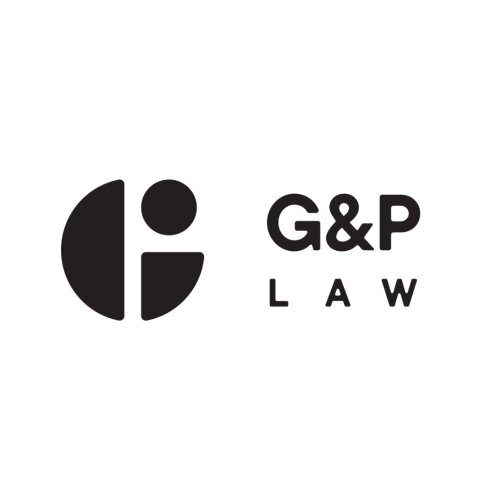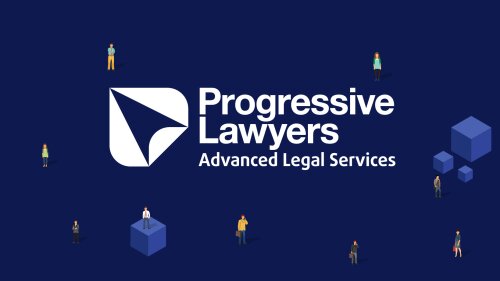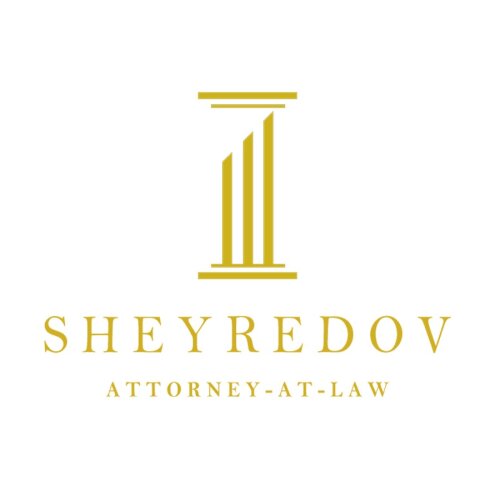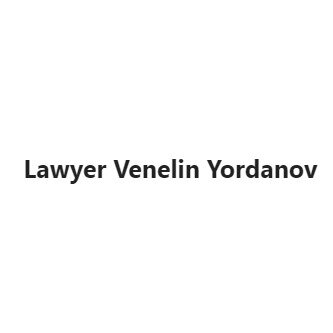Best Renewable & Alternative Energy Lawyers in Bulgaria
Share your needs with us, get contacted by law firms.
Free. Takes 2 min.
Or refine your search by selecting a city:
List of the best lawyers in Bulgaria
About Renewable & Alternative Energy Law in Bulgaria
The renewable and alternative energy sector in Bulgaria has seen significant growth in recent years, driven largely by the country's commitment to the European Union's climate and energy targets. The legal framework for renewable energy in Bulgaria aims to encourage the development, production, and use of energy sources such as solar, wind, biomass, geothermal, and hydroelectric power. Bulgarian law outlines specific requirements for licensing, grid connection, investment incentives, and compliance with environmental standards for both businesses and individuals. As the sector evolves, Bulgarian regulations continue to adapt to new technologies and European directives to support a sustainable energy future.
Why You May Need a Lawyer
Seeking legal assistance in the field of renewable and alternative energy in Bulgaria can be crucial in several scenarios, such as:
- Applying for permits or licenses to develop renewable energy projects
- Navigating complex zoning or land use issues for solar or wind installations
- Negotiating power purchase agreements or contracts with the national grid
- Complying with changing environmental and safety regulations
- Handling disputes over property rights, easements, or access to infrastructure
- Managing investment risks and government incentive programs
- Understanding tax benefits and financial mechanisms specific to the sector
- Protecting intellectual property related to renewable technology
A knowledgeable lawyer can help anticipate legal challenges, structure compliant projects, and safeguard your interests in this highly regulated and competitive field.
Local Laws Overview
Bulgaria's renewable energy sector is governed by several key legal acts and regulations. The Energy from Renewable Sources Act is the main legislative document regulating the promotion, production, and use of green energy. It establishes procedures for the authorization, construction, and operation of plants using renewable sources. The law also sets out the support mechanisms, such as feed-in tariffs and guaranteed grid access for certain types of installations.
Other relevant legal areas include environmental impact assessment requirements, construction legislation, and land use planning. Separate regulations apply for the certification of origin of electricity and for grid connection. Bulgaria is required to align its national policies with broader European Union directives, particularly relating to market liberalization, emissions reduction, and sustainability targets.
Recent amendments have focused on simplifying administrative procedures and encouraging decentralized energy production, such as small-scale solar and wind projects. Long-term government strategies also influence the pace and direction of legal reform in the sector.
Frequently Asked Questions
What types of renewable energy are most common in Bulgaria?
Solar, wind, hydroelectric, biomass, and geothermal are the most common types of renewable energy sources in Bulgaria. Solar and wind have seen significant growth in recent years due to investment incentives and technological advances.
Do I need a permit to install solar panels on my property?
Permitting requirements depend on the size, location, and purpose of the installation. Smaller residential solar panels often have simplified or notification-based procedures, but larger or commercial projects generally require full permits from local authorities.
Are there government incentives for renewable energy projects?
Yes, the Bulgarian government provides various incentives including tax benefits, feed-in tariffs, and access to EU funding schemes for eligible projects. These benefits are subject to compliance with established procedures and certifications.
What is a feed-in tariff and how does it work in Bulgaria?
A feed-in tariff is a guaranteed price paid to renewable energy producers for supplying electricity to the grid. In Bulgaria, approved projects may be eligible for such tariffs, which ensure a stable income over a fixed period, though terms can change as policies are updated.
What environmental regulations apply to renewable energy projects?
Projects typically must undergo environmental impact assessments (EIA), especially for large-scale developments. Compliance with both national and European environmental standards is mandatory, including rules on emissions, waste, and ecosystem protection.
How is the connection to the electricity grid regulated?
Grid connection for renewable energy systems is regulated by the Energy and Water Regulatory Commission (EWRC). Project developers must apply for grid access and meet specific technical requirements, which differ by the type and size of installation.
Are foreign investors allowed to participate in Bulgaria's renewable energy sector?
Yes, foreign investors are encouraged to participate and enjoy equal rights as Bulgarian investors. Proper legal structuring and due diligence are advised to navigate the regulatory and investment landscape.
What role do municipalities play in renewable energy projects?
Municipalities regulate land use, zoning, local permitting, and can have their own policies promoting decentralized energy production, particularly for residential or community projects.
Is energy storage regulated differently than energy production?
Energy storage technologies, such as batteries, are increasingly addressed in Bulgarian regulations but may have different permitting processes and incentives compared to energy production systems.
What should I do if my renewable energy project faces legal challenges or disputes?
Consult a lawyer experienced in renewable energy law. Timely legal advice can prevent escalation and ensure your project remains compliant with all relevant regulations and contractual obligations.
Additional Resources
If you need further information or support, consider these organizations and resources in Bulgaria:
- Ministry of Energy of the Republic of Bulgaria
- Energy and Water Regulatory Commission (EWRC)
- Bulgarian Renewable Energy Association
- Bulgarian Solar Association
- Regional Environmental Inspectorates
- European Bank for Reconstruction and Development - Bulgaria
- EU Funding and Support Programmes in Bulgaria
These bodies can provide up-to-date information on regulations, incentives, and market trends.
Next Steps
If you believe you need legal assistance with a renewable or alternative energy project in Bulgaria, consider these steps:
- Gather all relevant documents about your project, including permits, contracts, and communications with authorities
- Identify your specific legal needs, such as licensing, land use, or investment structuring
- Contact a qualified lawyer specializing in energy law or a relevant legal consultancy
- Ask for a consultation to assess your situation and receive tailored legal advice
- Stay informed about changes in the legal framework and industry best practices
Early legal guidance can help you navigate Bulgaria's renewable energy landscape effectively and minimize potential risks to your investment or project.
Lawzana helps you find the best lawyers and law firms in Bulgaria through a curated and pre-screened list of qualified legal professionals. Our platform offers rankings and detailed profiles of attorneys and law firms, allowing you to compare based on practice areas, including Renewable & Alternative Energy, experience, and client feedback.
Each profile includes a description of the firm's areas of practice, client reviews, team members and partners, year of establishment, spoken languages, office locations, contact information, social media presence, and any published articles or resources. Most firms on our platform speak English and are experienced in both local and international legal matters.
Get a quote from top-rated law firms in Bulgaria — quickly, securely, and without unnecessary hassle.
Disclaimer:
The information provided on this page is for general informational purposes only and does not constitute legal advice. While we strive to ensure the accuracy and relevance of the content, legal information may change over time, and interpretations of the law can vary. You should always consult with a qualified legal professional for advice specific to your situation.
We disclaim all liability for actions taken or not taken based on the content of this page. If you believe any information is incorrect or outdated, please contact us, and we will review and update it where appropriate.
Browse renewable & alternative energy law firms by city in Bulgaria
Refine your search by selecting a city.
















